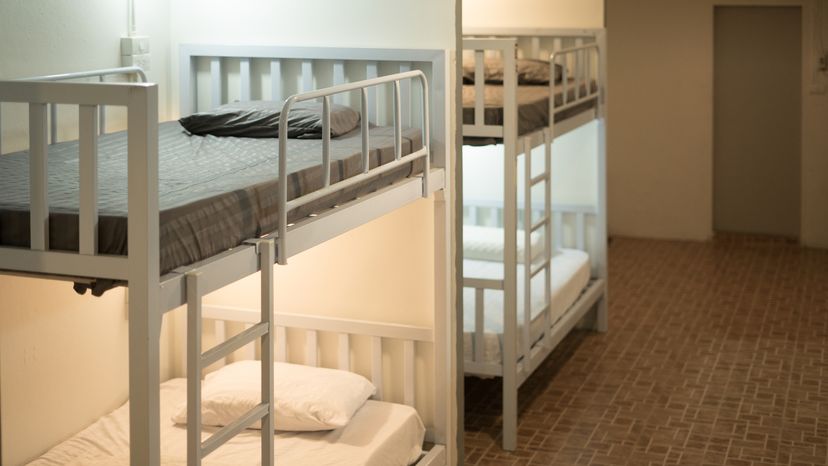Hostels offer several advantages over traditional hotels, making them a popular choice among travelers. Let's explore some of the key benefits of staying in a hostel:
1. Cost-Effective Accommodation
One of the biggest advantages of staying in a hostel is the cost savings. Hostels are significantly cheaper than hotels, especially when it comes to shared dormitory rooms. Depending on the location and room type, you can find hostels for as little as $10 per night. This makes hostels an ideal option for budget-conscious travelers, students, and backpackers looking to stretch their travel budget.
For even more affordable travel options, some hostels offer volunteer programs where you can exchange work for free accommodation. Organizations like International Volunteer HQ (IVHQ) provide opportunities to volunteer abroad while enjoying full room and board for as little as $20 per day.
2. Social Opportunities
If you're looking to meet new people and make friends from around the world, staying in a hostel is a fantastic way to do so. Hostels are known for their social atmosphere, creating an environment where travelers can easily connect with others. Shared common areas, such as lounges, kitchens, and rooftop terraces, provide ample opportunities for interaction and bonding.
By staying in a hostel, you can participate in social activities organized by the hostel, such as group tours, pub crawls, and game nights. These activities foster a sense of community and make it easier to meet like-minded travelers, share experiences, and even embark on adventures together.
3. Unique Experiences and Locations
Hostels come in all shapes and sizes, each with its own unique charm and character. Unlike chain hotels that often offer a standardized experience, hostels can surprise you with their creativity and individuality. Some hostels feature rooftop hangout areas with stunning views, while others boast exotic bars or even slides that lead directly into the ocean.
Moreover, hostels are often located in prime tourist areas, allowing you to easily access popular attractions, city centers, and vibrant neighborhoods. Whether you're looking to explore cultural landmarks or discover hidden gems off the beaten path, staying in a hostel can enhance your travel experience by immersing you in the heart of your destination.
4. Affordability for Large Groups
If you're traveling with a group of friends or family members, booking multiple hotel rooms can quickly become expensive. Hostels offer a cost-effective alternative by providing large bunk rooms that can accommodate groups. Instead of paying for individual hotel rooms, you can book a shared dormitory room and enjoy the company of your travel companions while saving money.
5. Wi-Fi and Breakfast Included
Most hostels provide free Wi-Fi access for guests. While the connection speed may vary depending on the location and number of users, you can usually check your emails, browse the web, and stay connected with loved ones. However, streaming movies and TV shows may be challenging in areas with limited bandwidth or high demand.
Additionally, many hostels offer complimentary breakfast as part of the accommodation package. While the breakfast may not be extravagant, it typically includes items such as croissants, toast, cereal, and coffee or tea. This can be a significant cost-saving, especially if you're on a tight budget or prefer to start your day with a light meal.
